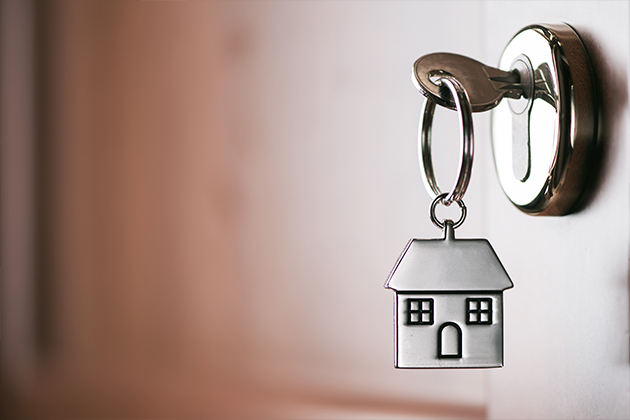
Most foreigners who plan to move to Portugal end up buying a house. If this is the case with you, read on to learn what real estate taxes in Portugal you’ll have to pay, so as not to be caught unawares. Besides the taxes on the actual transaction, you’ll also have to pay another yearly tax, indexed to the value of your house.
One of the main real estate taxes in Portugal is the Municipal Tax on Onerous Real Estate Transactions (IMT), which is due to the state whenever a house is bought. This is calculated based either on the value of the property for tax purposes, or the amount which is declared at the time of the purchase, depending on which is higher.
Check out this table for privately owned permanent residences:
| Amount subject to IMT
(euros) |
Percentage rates | |
| Marginal | Average (*) | |
| Up to 92 407 | 0 | 0 |
| Above 92 407 to 126 403 | 2 | 0,537 9 |
| Above 126 403 to 172 348 | 5 | 1,727 4 |
| Above 172 348 to 287 213 | 7 | 3,836 1 |
| Above 287 213 to 574 323 | 8 | – |
| Above 574 323 to 1 000 000 | 6 (Flat rate) | |
| Above 1 000 000 | 7.5 (Flat rate) | |
*At the upper limit of the bracket
Source: Autoridade Tributária 2021
Real estate taxes in Portugal: Stamp duty
If you are going to buy a house in Portugal, there are more real estate taxes in Portugal. One of them is the stamp duty. This tax is based on the amount stated on the deed. The buyer must pay a transaction tax of 0.8% at the signing of the deed.
If you resorted to a bank loan to pay for the house you will also have to pay stamp duty of 0.6% on the amount of loans payable in over 5 years, or 0.5% of the total amount of the loan if payable in under 5 years.
Property tax
Besides the taxes you pay at the time of the purchase, there is a tax you will have to pay every year for as long as you own the property, which is the municipal property tax (IMI).
The IMI rates are set annually by the council where the real estate is located. In cases of urban buildings, the rate can vary between 0.3 and 0.45%. The rate can climb to 0.5% in the case of municipalities which are included in the local economy support programme, whereas with rustic buildings the rate is 0.8%.
Lisbon, where 45% of the French community in Portugal lives, charged the minimum 0.3% rate in 2021. Further North, Porto opted for a 0.324% minimum rate, and in Braga the IMI rate varies between 0.3% and 0.375%, depending on which council you are in.
Further south, in the Algarve, the highest rate is levied by the council of Vila Real de Santo António, with 0.5%.
You don’t need to pay all at once
TThe IMI is an annual tax, but you don’t need to pay it all at once, although you can. The tax office sends out letters in April for the tax to be paid during the month of May. When the amount is above 100 euros and below 500, you can pay in two instalments, in May and November. If the value is above 500 euros you can pay in three instalments: May, August, and November.
You can also pay through direct debit. To do so, you can access the Tax Office website or go to a local desk. With this option you make sure you don’t miss the deadlines and pay a fine.
Now that you know what the real estate taxes in Portugal are, find out about the conditions for bank loans at novobanco. You can also learn about the advantages of the Golden Key Account, wich is tailored for people who are moving to Portugal.